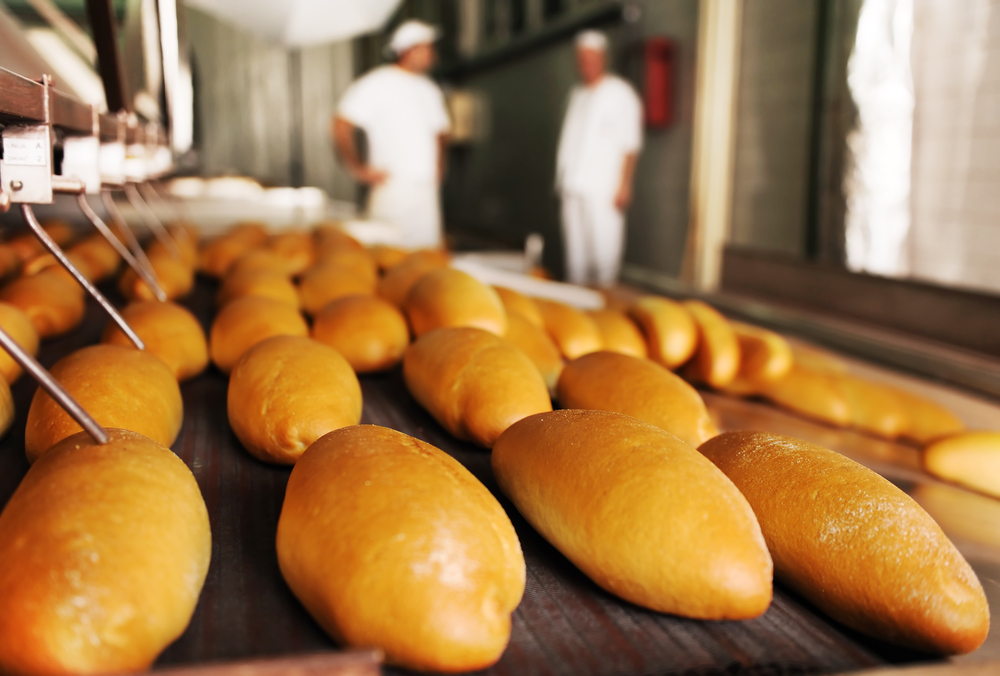In today's diligent customer landscape, the demand for fairly sourced as well as lasting products has surged. Private label food manufacturers have become pioneers in this domain, typically teaming up with agreement food makers to spearhead sustainability and accountable sourcing efforts. With an undaunted dedication to environmental ethics, exclusive label brands have actually made it their mission to deliver sustainable, premium options to consumers.
Private Label Food Manufacturers
In recent times, private label food manufacturers, also referred to as very own brands or shop brand names, have observed an amazing rise in appeal. These manufacturers create products sold under the logo of a store, grocer, or private entity. What collections private-label products apart is their capability to provide competitive pricing without jeopardizing on high quality.
Agreement Food Manufacturers
Many private-label food producers sign up with forces with agreement producers to establish their product lines. Contract food makers are specialists in producing food products for private tags. This tactical collaboration permits exclusive label firms to take advantage of the experience, resources, and also committed food manufacturing facilities of their partners.
Sustainability at the Core
Private label food manufacturers use various methods to enhance sustainability within their supply networks:
Honest Sourcing:
Exclusive label companies are progressively dedicated to sourcing active ingredients according to ethical as well as reasonable profession criteria. This requires making sure that producers and workers of raw materials, such as coffee beans, seasonings, or chocolate, receive reasonable compensation for their efforts.
Local Sourcing:
Prioritizing neighborhood sourcing of active ingredients is one more trademark of private-label food makers. This not just lowers the carbon footprint connected with transportation but likewise sustains neighborhood farmers as well as communities.
Organic Contents:
With the health food market rising, exclusive labels are responding by including organic ingredients right into their product. Organic farming methods prioritize dirt wellness while eschewing synthetic chemicals as well as plant foods.
Lasting Seafood:
Private Label Food Manufacturers are attentive in ensuring that the fish and shellfish they make use of is sustainably collected, adhering to standards set by organizations like the Marine Stewardship Council, food labelling which promotes responsible fishing.
Decreased Food Waste:
Exclusive label business are proactively servicing decreasing food waste by applying effective manufacturing processes and also establishing items with longer life span. Some brand names are also partnering with food rescue organizations to give away excess food to those in need.
Eco-Friendly Product Packaging and Initiatives
Sustainability efforts by private-label food producers prolong past sourcing active ingredients to incorporate product packaging and also eco-friendly initiatives:
Sustainable Product packaging:
Personal label brand names have welcomed environmentally friendly product packaging alternatives, consisting of recyclable, biodegradable, or compostable products. Redesigning product packaging to decrease excess material and also lower ecological influence is a top concern.
Waste Decrease:
To lessen wastefulness, private-label food manufacturers optimize item sizes, minimize excess packaging, and also discover innovative product packaging services. Some brand names also motivate customers to join reusing programs.
Energy Effectiveness:
Several exclusive label manufacturers are buying even more energy-efficient manufacturing plants, minimizing water usage, and also embracing renewable energy resources to even more decrease their ecological impact.
Carbon Neutral Initiatives:
Some personal brand food suppliers are taking enthusiastic actions to accomplish carbon nonpartisanship by offsetting their greenhouse gas emissions through reforestation tasks as well as renewable resource debts.
Challenges and the Road Ahead
Despite the significant strides made in sustainability as well as liable sourcing, private-label food suppliers encounter challenges. Balancing sustainability with cost-effectiveness can be a delicate act, often calling for concessions on sustainable active ingredients or the expedition of environment-friendly options.
Nonetheless, the future of private-label food manufacturing holds great guarantee. As consumer awareness and demand for sustainable items continue to increase, private-label brand names and also their contract food manufacturing partners are likely to heighten their efforts. Cooperation with providers as well as financial investment in lasting technical developments and transparency will be pivotal fit a sustainable future for the sector.
Frequently Asked Concerns

Private label food manufacturers generate items offered under the logo of a retail store, grocer, or private entity. They supply competitively priced products without jeopardizing on quality.
Q2: Exactly how do private label food manufacturers promote sustainability?
Private label food manufacturers promote sustainability via ethical sourcing, local active ingredient procurement, using natural active ingredients, sustainable seafood methods, and efforts to minimize food waste.

Q3: What eco-friendly product packaging alternatives do personal label brand names make use of?
Private label brands take on environmentally friendly product packaging options such as recyclable, naturally degradable, or compostable products. They additionally upgrade packaging to lessen excess material and also minimize environmental impact.
Q4: What challenges do private label food manufacturers encounter in sustainability efforts?
Balancing sustainability with cost-effectiveness is a significant obstacle for private label food manufacturers. This might call for compromises on lasting active ingredients or the expedition of environment-friendly choices.
Final thought
Private label food manufacturers are at the center of the sustainability as well as accountable sourcing motion within the food industry. Their dedication to moral sourcing, regional purchase, organic active ingredients, and lasting techniques, as well as their devotion to green packaging as well as waste reduction initiatives, demonstrate their decision to fulfill the demands of today's eco-conscious consumers.
In spite of the obstacles they deal with, private label food manufacturers are poised for a promising future. With consumers progressively prioritizing sustainability, the sector is most likely to witness even better partnership with distributors, investment in sustainable technologies, and a commitment to openness. As we progress, private label food manufacturers will remain to play an important function in shaping a much more sustainable and ethical food landscape for all.